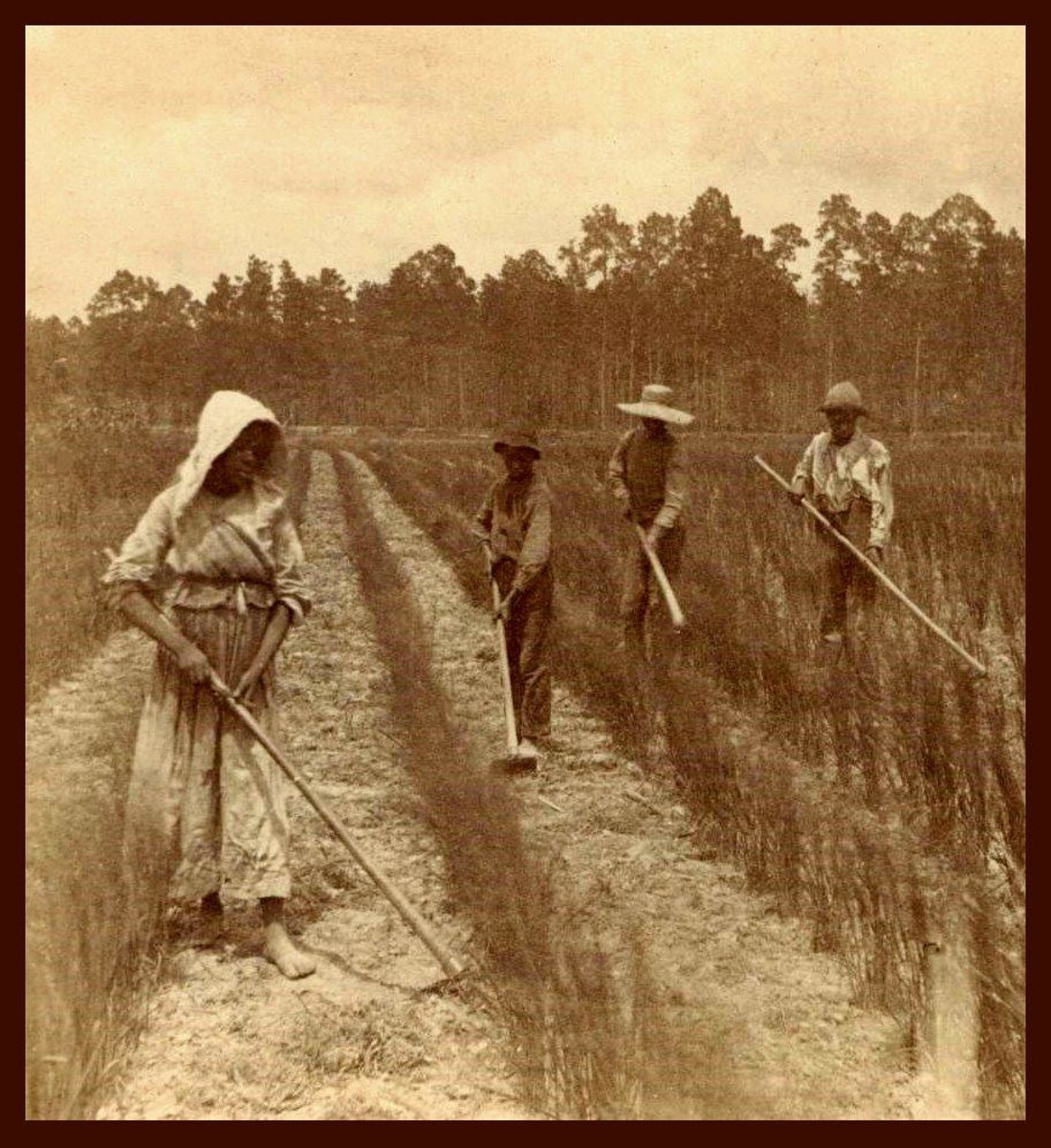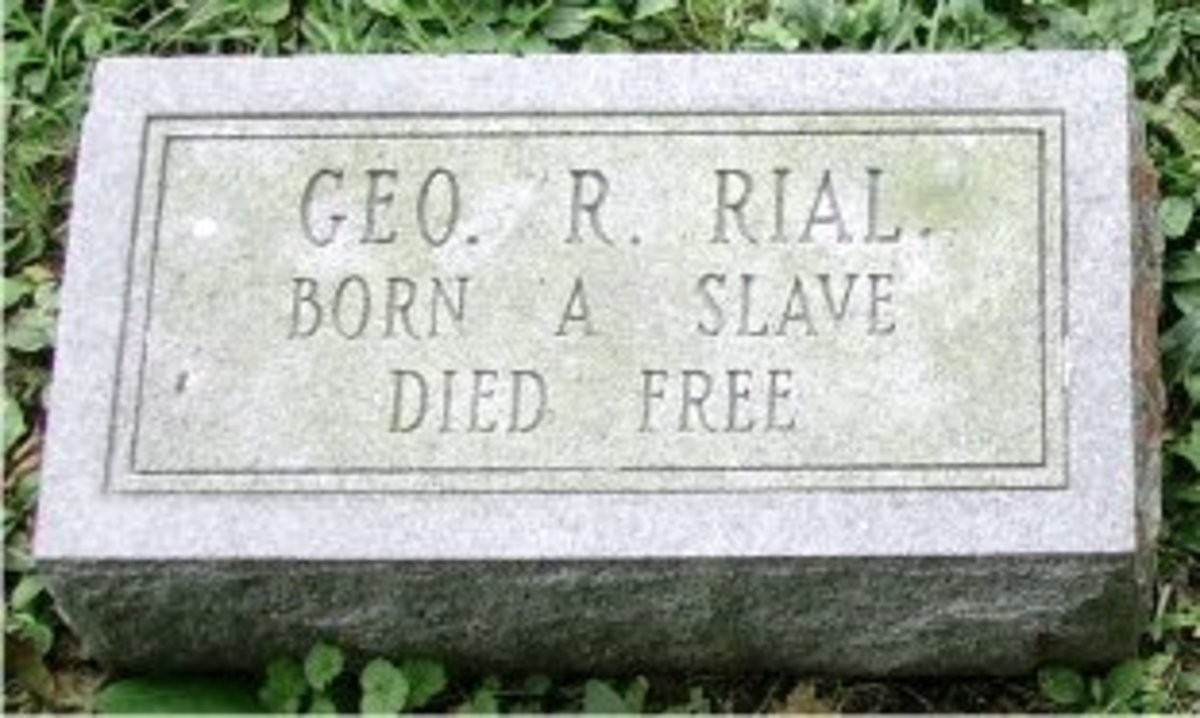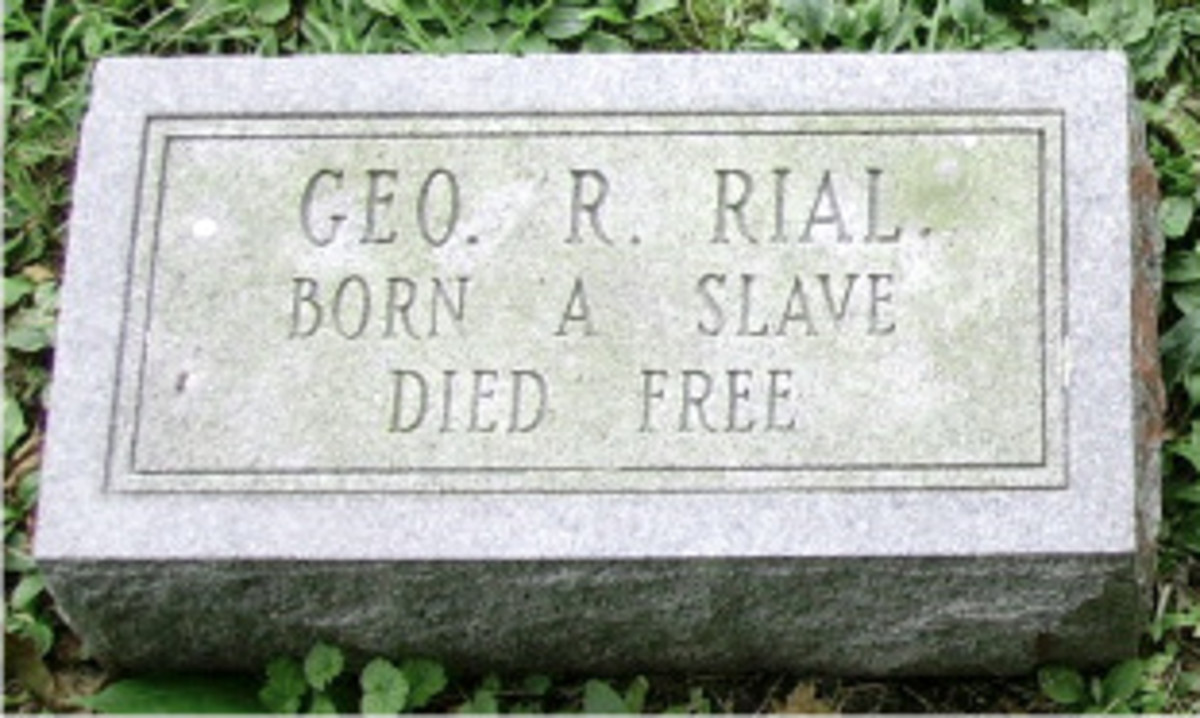John Carruthers Stanly, a Black Slave-holder
How Could This Be?
Early in my schooling, I learned about slavery and was saddened by all that I read or heard. I could not, and still can not, understand how anyone could think that owning another person was all right. I was uncomfortable in the presence of Whites because I thought I knew their negative feelings about my freedom. But not until I learned that during slavery in America, some Blacks and Native Americans also owned slaves was my sadness absolutely complete.
Richest Former Slave in the South
A few years back, I visited New Bern, NC and took the tour of historical parts of the city near Tryon Palace. One of the historical houses had been owned by John Carruthers Stanly, the largest slave-owning black man in the south. Loren Schweninger has done considerable research on Stanly, and most websites reference her findings. So I too looked to her for the accuracy of the information that follows.
How Stanly Came to Be
John Caruthers Stanly was born to an Ibo slave and a white merchant seaman, John Wright Stanly. Because his mother was a slave, that made Caruthers a slave also. He was apprenticed to a friend of his father from whom he got his middle name. He learned to be a barber, and because he was both literate and had a skill eventually he was granted his freedom. Caruthers’s barbershop became very successful, allowing him enough money to begin purchasing both land and slaves.
A Man of Contradictions
One might think that because he had been a slave, Caruthers would be either opposed to the institution or at least more humane than his white counter-parts. Neither of these ended up being the case-- at least not on a consistent basis. He purchased mostly field hands, hired free skilled labor, and he worked them all hard. He is said to have emancipated several slaves, including his wife, his children and his wife’s brother, John Merrick. Plus he helped slaves who belonged to others get their freedom. For instance, he posted a 300 pound-sterling “good behavior” bond for several slaves freed from his former owner, and he signed security bonds for several other slaves. When Elizabeth Henry emancipated eleven of her slaves, Stanly was appointed guardian to the under-aged former slaves. Despite his serious work at freeing some slaves, Stanly was thought to be a hard taskmaster whose number one goal was to increase his profits.
A Man of Great Means
To New Bern society people, Stanly was considered a gentleman. He owned a home in New Bern (for which he used eighteen slaves) and three turpentine and cotton plantations and other properties in the surrounding Craven County area. He rose to his position by owning and using, as the 1830 census reports, 163 slaves. He often purchased property at a low cost, then selling it at higher prices. Before he hit a series of financial difficulties in the 1830’s, his net worth was close to $70,000.00.
The Road Downhill
After his wife died in 1824, banks started tightening controls, collecting outstanding debts. Stanly had countersigned a security note for his white half-brother and had had to assume the debt. Once the bank collected on that debt, Stanly had to refinance property. Eventually he was forced to sell land, slaves, and even his barbershop. When he died in 1846, though all his property had been sold, he still owned seven slaves.
Learning about John Carruthers Stanly left me awe-struck by the seeming contradictions of his life. It also left me wondering how many other former slaves and free blacks willingly participated in and perpetuated this vile institution.
References
willingly participated in and perpetuated this vile institution.
http://libries.uncg.edu/ir/uncg/f/L_Schweninger_John_1990.pdf
Schweninger, Loren. “John Carruthers Stanly and the Anomaly of Black Slaveholding,” North Carolina Historical Review 67 (April 1990): 159-92








